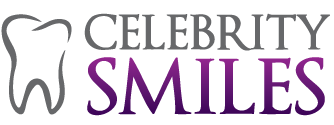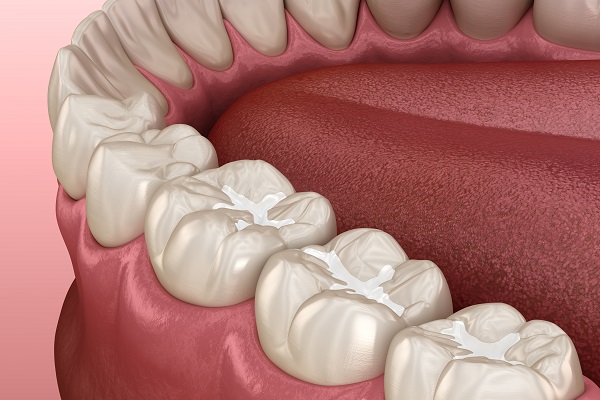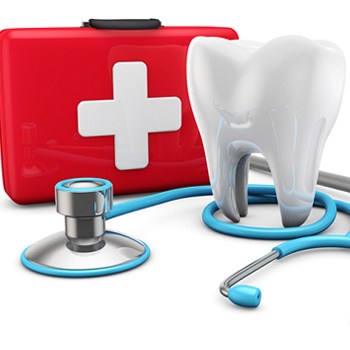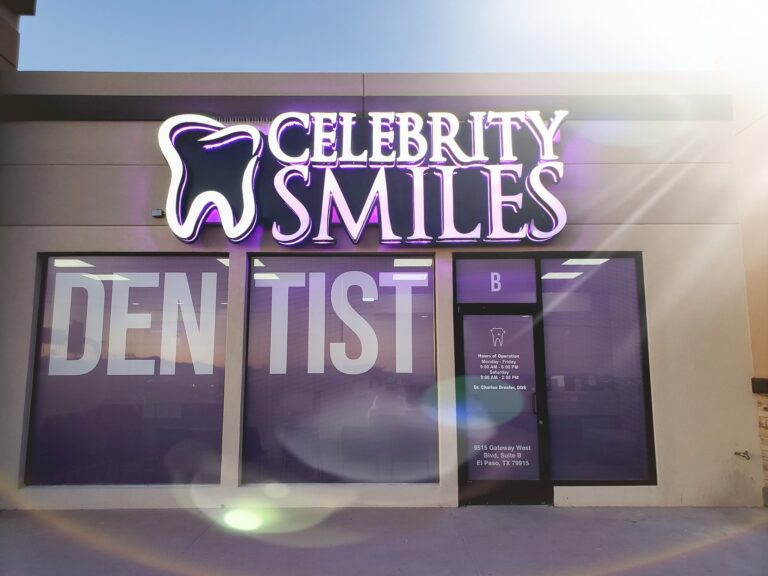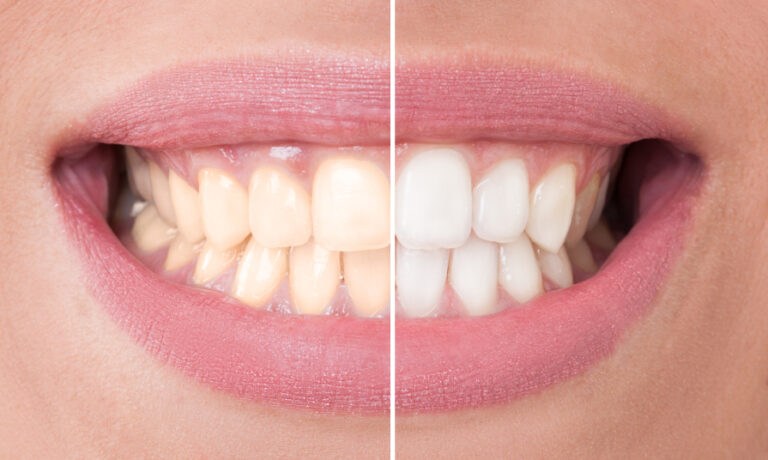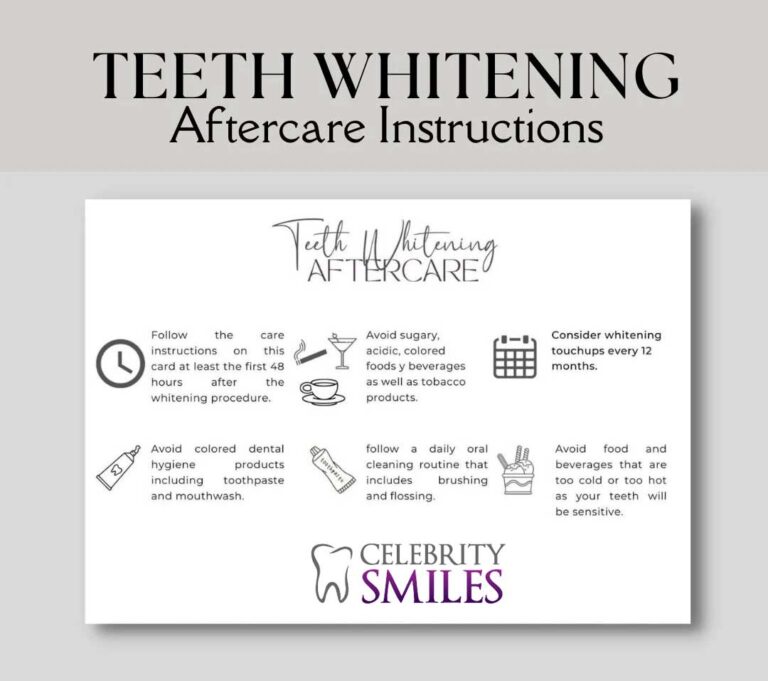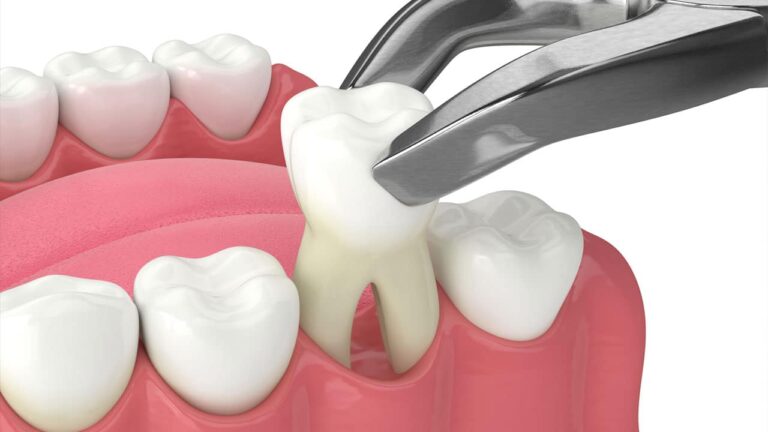Charcoal toothpaste has skyrocketed in popularity over the past few years, becoming a staple in the wellness and beauty aisles. Influencers, beauty gurus, and even your neighbor may have raved about its promise to deliver a dazzling, whiter smile. But before you jump on the bandwagon, it’s essential to separate the facts from the hype. Does charcoal toothpaste work as advertised? Are there any risks you should consider? Here’s what you need to know before giving it a try.

The Promises of Charcoal Toothpaste
The buzz around charcoal toothpaste stems from one key ingredient: activated charcoal. This fine, black powder is created by heating carbon-rich substances like coconut shells or wood at high temperatures. The process makes the charcoal highly porous, allowing it to “trap” toxins or chemicals in small spaces, which is why activated charcoal is often used medically for poisonings and overdoses.
Based on its toxin-trapping properties, charcoal toothpaste is marketed as a solution for:
- Whitening teeth
- Removing surface stains
- Detoxifying the mouth
- Fighting bad breath
- Preventing plaque buildup
At first glance, these claims are enticing. Who wouldn’t want a whiter smile, fresher breath, or a healthier-looking mouth? However, understanding how charcoal works and its actual effectiveness is where things get interesting.
Does Charcoal Toothpaste Really Work?
When it comes to teeth whitening, charcoal toothpaste is touted as a natural alternative to chemical-based whitening products. Many brands claim that the abrasive nature of activated charcoal can polish your teeth and remove surface stains caused by coffee, tea, wine, or smoking. While this may sound appealing, the truth is a bit more complex.
The Good News
Charcoal toothpaste may help to remove short-term surface stains. The abrasive particles in the activated charcoal can act like a mild scrub, offering temporary results. If your teeth look slightly dull due to recent consumption of staining foods, you might notice a difference.
Another potential benefit is its ability to absorb impurities. Because of its porous texture, activated charcoal may help reduce oral toxins and odor-causing bacteria, temporarily freshening your breath. This is why it’s a common ingredient in detoxifying face masks and digestive supplements.
The Catch
While there’s some evidence that charcoal toothpaste may offer mild stain removal, it’s not a miracle whitening solution, especially for deeper or older stains. Professional whitening treatments, which use peroxide-based agents, lift stains beneath the enamel for longer-lasting effects. Charcoal toothpaste only tackles surface stains.
Beyond its limited whitening abilities, there’s scant scientific evidence supporting many of the other claims. For instance, there’s no proof that charcoal toothpaste “detoxifies” your mouth or prevents plaque buildup more effectively than traditional toothpaste. Additionally, it lacks the fluoride required to fight cavities and strengthen enamel, which is a standard ingredient in most mainstream toothpastes.
The Risks of Using Charcoal Toothpaste
Before adding charcoal toothpaste to your routine, it’s important to weigh the risks. While it can provide some benefits, there are potential downsides to consider.
1. Damage to Tooth Enamel
Charcoal toothpaste’s abrasiveness, while effective for polishing, can wear down enamel over time. Enamel is the protective outer layer of your teeth, and once it’s eroded, it doesn’t regenerate. This can lead to increased tooth sensitivity, a higher risk of cavities, and even a duller appearance if the underlying dentin becomes exposed.
Dental professionals often caution against repeated use of highly abrasive products like charcoal toothpaste for this reason. What starts as a quest for a brighter smile could ultimately weaken your teeth in the long term.
2. Lack of Fluoride
Fluoride is a critical ingredient in many toothpastes because it helps to prevent tooth decay and strengthen enamel. Most charcoal toothpastes on the market are fluoride-free, which means they don’t offer the same level of cavity protection. If you’re exclusively using charcoal toothpaste, you might be putting your dental health at risk.
3. Staining Concerns
Ironically, some experts report that charcoal toothpaste may lead to staining, especially if it lodges into tiny cracks or pits in your enamel. The fine black particles can stick to imperfections, leaving a grayish tint instead of the sparkling white result you hoped for.
4. Limited Research
Despite its popularity, studies on the long-term safety and efficacy of charcoal toothpaste are limited. Without substantial research, there’s a lot we simply don’t know about how it interacts with the teeth and gums over time. For example, some users report gum irritation or increased sensitivity, though there’s no comprehensive data to determine how common these side effects are.
What Do Dental Experts Say?
Many dentists remain cautious about promoting charcoal toothpaste. While they recognize its potential benefits, they often stress the importance of moderation and a well-rounded oral care routine.
The American Dental Association (ADA) has not approved any charcoal-based toothpastes to date. Their main concerns echo the risks mentioned earlier, particularly enamel damage, fluoride omission, and the absence of strong clinical evidence.
Here’s what most experts recommend:
- Use charcoal toothpaste sparingly, perhaps only once or twice a week, as a supplement to traditional fluoride toothpaste.
- Focus on brushing gently to minimize enamel abrasion.
- Pair whitening efforts with professional cleanings and consultations for safer, more effective results.
Ultimately, dentists agree that while charcoal toothpaste can occasionally freshen up your smile, it shouldn’t replace your typical oral hygiene habits or mislead you into thinking it’s a one-stop solution.
Should You Try Charcoal Toothpaste?
If you’re intrigued by the idea of charcoal toothpaste, here are some tips to help you decide whether it’s right for you:
- Start Slowly
Try incorporating charcoal toothpaste sparingly at first. Use it once or twice a week to see how your teeth and gums respond. Keep an eye out for unusual sensitivity or discoloration. - Combine It with Professional Care
For those aiming to whiten their teeth, professional whitening treatments from your dentist are far more effective. You can use charcoal toothpaste as an occasional boost, but don’t rely on it for dramatic results. - Look for Safety Ratings
When selecting a product, opt for brands that have been endorsed by dental professionals or that prioritize safety. Look for charcoal toothpaste with low abrasivity and fluoride (if possible). - Listen to Your Dentist
Before trying any new oral care product, it’s always a good idea to consult your dentist. They can evaluate your specific needs and help you make an informed decision.
The Bottom Line
Charcoal toothpaste has gained a lot of attention for its ability to freshen breath and remove surface stains, but the hype often outweighs the reality. While it may provide short-term cosmetic benefits, it doesn’t address deeper dental concerns or deliver long-term whitening results. With potential risks like enamel damage and a lack of fluoride, it’s not a replacement for your regular toothpaste or professional dental care.
If you do decide to try charcoal toothpaste, use it wisely and in moderation. And remember, your smile’s health isn’t worth compromising for fleeting trends. For the best results, stick with proven dental hygiene practices and consult your dentist for expert advice.
Thinking about whitening your smile or improving your oral care routine? At Celebrity Smiles, we’re here to help you achieve a confident, healthy smile you’ll love. Reach out to us today to schedule an appointment!
